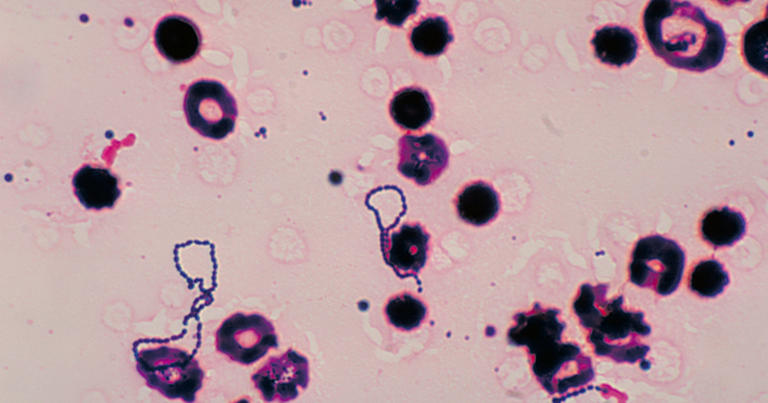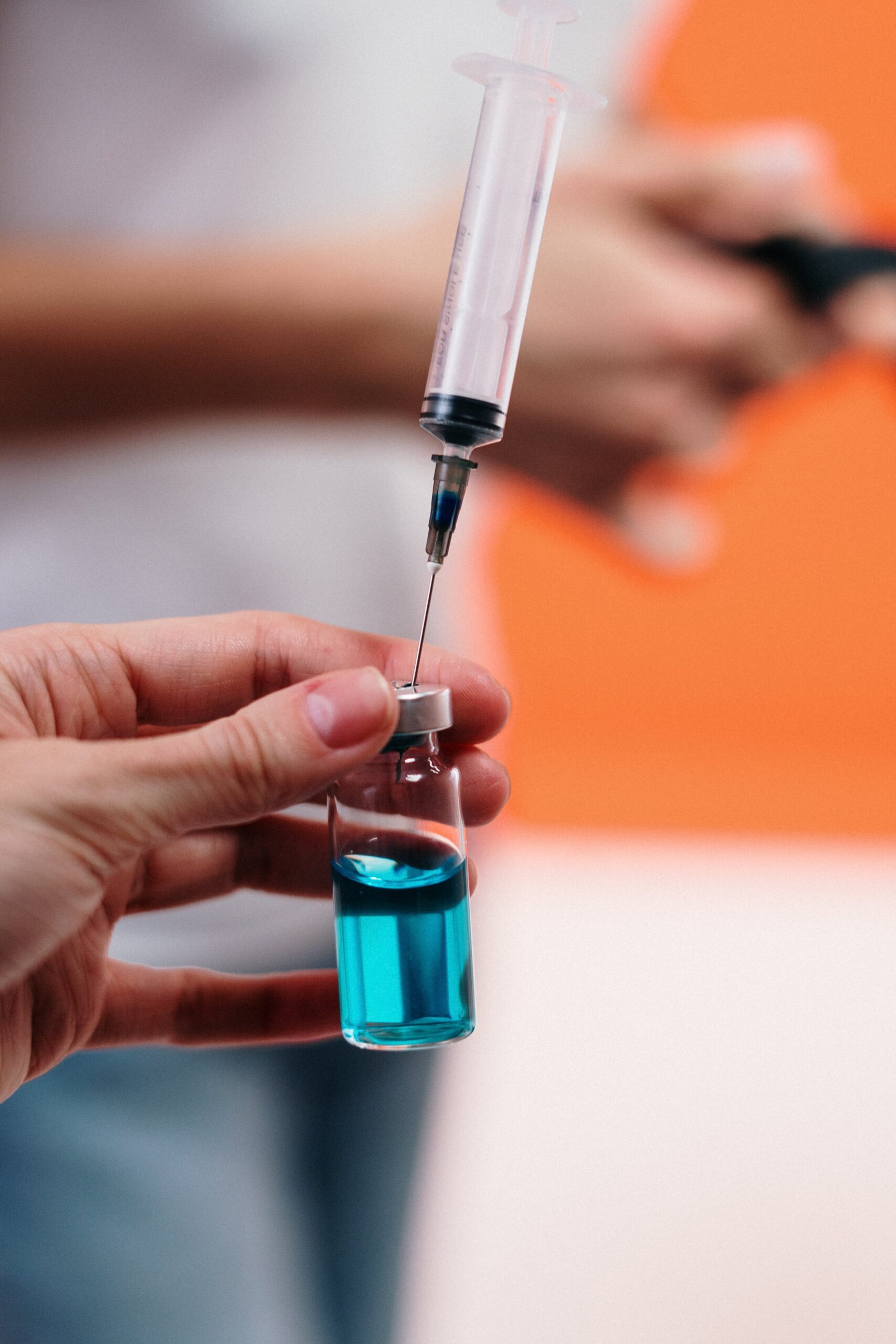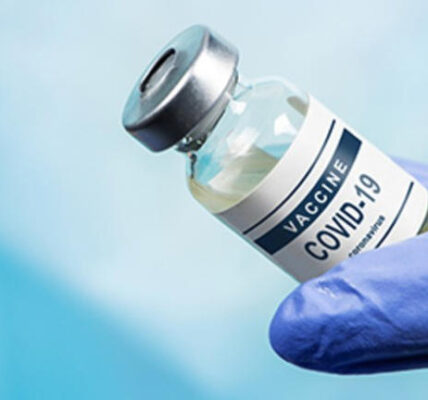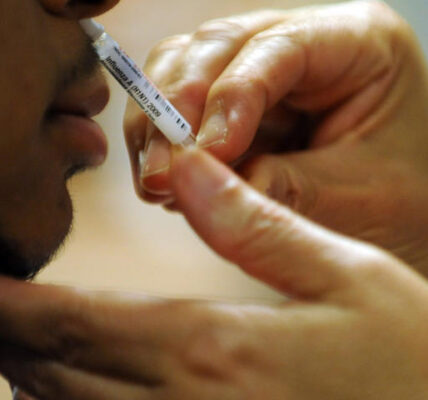Mirror Bacteria Threat to Humanity: A Growing Concern in Synthetic Biology
Mirror Bacteria Threat to Humanity is an alarming issue raised by scientists, warning about synthetic organisms capable of bypassing immune defenses and endangering ecosystems worldwide.
The possibility of lab-created mirror bacteria has sparked urgent warnings from the scientific community. These synthetic organisms, designed with mirrored versions of natural molecules, pose a potential existential risk to life on Earth. This Mirror Bacteria Threat to Humanity could destabilize ecosystems, devastate agriculture, and expose humans to lethal infections without existing defenses.

What Is Mirror Life?
Mirror life refers to artificial organisms built using mirror-image molecules of those found in natural life forms. Just as your left and right hands are mirror images of each other, biological molecules have a similar characteristic known as chirality. For instance, DNA spirals to the right, while proteins are constructed from left-handed amino acids. Mirror organisms, however, would reverse this pattern, with left-handed DNA and right-handed proteins.
This unique structure makes mirror organisms entirely foreign to life on Earth. Immune systems, antibiotics, and natural predators rely on recognizing the chirality of biological molecules. Mirror bacteria would bypass these mechanisms, making them invisible to natural defenses.
Why Is This a Threat?
The Mirror Bacteria Threat to Humanity arises from the fact that life on Earth has never encountered mirrored molecules. As a result, no organism has evolved to defend against them. According to Nobel laureate Professor Gregory Winter, these mirror organisms could evade immune detection entirely. If mirror bacteria were to escape from a laboratory, they could spread unchecked, posing catastrophic risks to plants, animals, and humans.
Dr. Nicholas Talbot, a plant disease expert, warns that mirror bacteria could infect crops with devastating consequences. “If major food crops were susceptible, the impact would be catastrophic,” he notes. This highlights how the Mirror Bacteria Threat to Humanity extends beyond health, potentially destabilizing global food supplies and ecosystems.
Potential Risks of Mirror Bacteria
The risks posed by mirror bacteria are numerous and far-reaching:
- Health Risks: Human immune systems would struggle to detect and fight mirror bacteria, leading to potentially fatal infections.
- Ecosystem Disruption: Without natural predators or immune responses, mirror bacteria could propagate uncontrollably in the wild.
- Agricultural Devastation: Crops could become vulnerable to infections, threatening global food security.
- Ecological Collapse: Even if humans find ways to defend themselves, ecosystems could face irreversible damage.
The Mirror Bacteria Threat to Humanity is not merely a theoretical concern. Scientists emphasize that once released, these organisms could act as invasive species, disrupting ecosystems and overwhelming natural defenses.
How Close Are We to Creating Mirror Life?
The good news is that creating mirror bacteria is still a technical challenge far beyond current scientific capabilities. Constructing mirror organisms requires synthesizing mirrored versions of all biological molecules and assembling them into functional cells. This process is not only extremely complex but also prohibitively expensive.
Despite these hurdles, progress is being made. Scientists have recently succeeded in creating large, functional mirror proteins and components of mirror DNA. Advances in synthetic cell construction are also closing the gap. If these trends continue, experts estimate that the first mirror organism could be created within a decade.
This timeline underscores the urgency of addressing the Mirror Bacteria Threat to Humanity before it becomes a reality. As synthetic biology advances, the risks of accidental or intentional creation of mirror organisms grow.
Why Scientists Are Calling for a Pause
Recognizing the Mirror Bacteria Threat to Humanity, a group of 38 Nobel laureates and synthetic biology experts has called for an immediate moratorium on research involving mirror bacteria. In a detailed technical review, they argue that the risks far outweigh potential benefits, such as medical applications or drug synthesis.
Dr. Vaughn Cooper, a microbiologist and co-author of the review, stresses the need for caution: “We must halt this progress and engage in organized, inclusive dialogue on how to govern this research effectively.”
The authors emphasize that while mirror life offers exciting possibilities, such as creating new forms of medicine or industrial processes, the dangers of releasing these organisms into the wild are too great to ignore.
Balancing Innovation and Risk
Synthetic biology holds immense promise, but it also requires careful regulation. The Mirror Bacteria Threat to Humanity highlights the dual-edged nature of scientific progress. While mirror life could revolutionize industries, the risks to health, ecosystems, and agriculture demand rigorous scrutiny and ethical consideration.
Scientists suggest several measures to mitigate these risks:
- Stronger Oversight: Establishing international guidelines and oversight for synthetic biology research.
- Public Awareness: Educating the public about the risks and benefits of synthetic life.
- Ethical Frameworks: Ensuring that research prioritizes safety and societal well-being over scientific curiosity.
Conclusion
The Mirror Bacteria Threat to Humanity represents a critical challenge in synthetic biology. While the technology to create mirror life is still years away, the rapid pace of scientific advancement makes this a pressing issue. A global moratorium on mirror bacteria research, coupled with robust ethical and regulatory frameworks, may be the best way to prevent an irreversible catastrophe.
As scientists like Dr. Talbot and Dr. Cooper emphasize, now is the time for proactive measures. By addressing the Mirror Bacteria Threat to Humanity early, we can ensure that synthetic biology is used responsibly and for the benefit of all.



